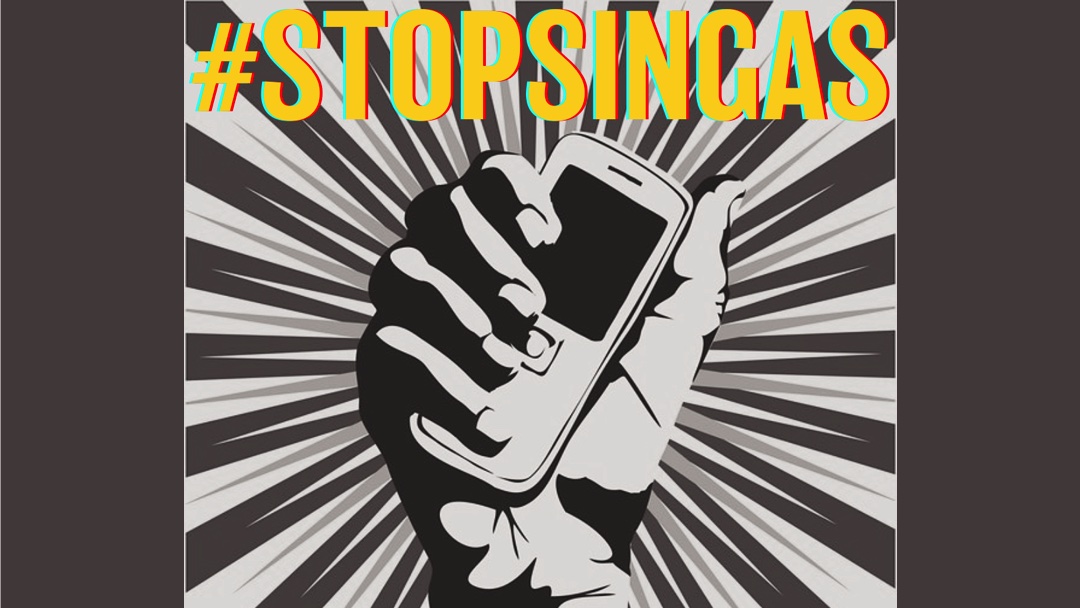“I need to see a commitment to public interest work. I look to students’ school year and summer internships or volunteering on the side. For folks taking a law firm position for their first and second year summers, I need to see that they are still doing public interest work. If I can’t see anywhere else that you are committed to public interest work, then your resume is getting tossed, regardless of other skills.”
-Eric Tars, Legal Director, National Homelessness Law Center
“Having a wide array of interests is something really useful and helpful in being able to draw connections across legal areas, along with some kind of client oriented experience. We look for folks who look like they have shown initiative and tried new things and are comfortable doing things that are outside of the box. For students, this most often means internships, previous work experience, and independent research.”
-David Seligman, Executive Director, Towards Justice
“We are looking for people who demonstrated throughout law school or their previous career that this is what they want to do. We do hire laterals but are first attracted to people who have put a line in the sand and said this is what they want to do. It doesn’t necessarily have to be public defense specifically, but we like to see people who want to help people, through public defense, legal aid, whatever else that is getting you out working with real people on the issues most impactful for their lives.”
-Sharone Mitchell Jr., Chief Public Defender, Cook County, IL
“We want to make sure we are attracting the right people who have an interest in our work and that they are committed to it. The first thing I am looking for is jobs, internships, volunteer positions, or articles related to our work and showing a commitment to public service.”
-Munonyedi Clifford, Attorney-in-Charge of the City Wide Housing Practice, Legal Aid Society










